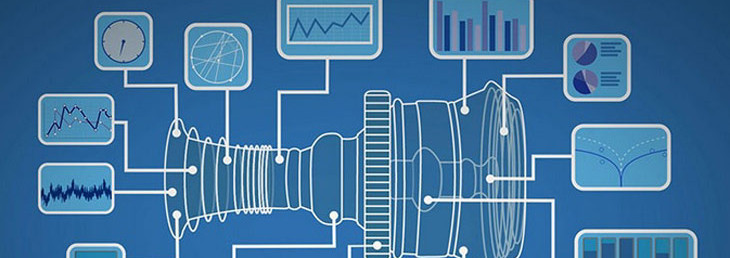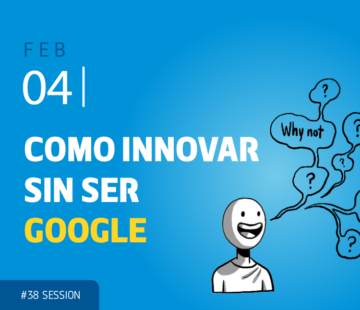New value-capture modes will require going beyond traditional buyer/seller liaison

We think we already live in a digital world because we spend so many hours receiving and sending all kinds of messages on Whatsapp or watching our favorite series on demand in our Smart TV. But out there, beyond our desks and living rooms, there is a world of turbines, locomotives and industrial engines still mostly analog.
This is about to change over the next years as many of industrial business components will be also digitalized. The so called Industrial Internet will enable a new range of products, services, and business models. It will consider new value-capture modes. But for this to happen, it will also require a new kind of relationship with customers and other providers, a link more based in partnerships, mutual understanding of needs and even risk-sharing deals going beyond the traditional buyer/seller liaison.
General Electric is one of the companies already experimenting this radical shift. GE is been abandoning a revenue based in selling industrial hardware and repair services. Instead, the company wants to offer value by extracting data from the sensors on its turbines and other engines and using that information to optimize equipment performance, utilization, and maintenance, charging a percentage of the customer’s incremental revenue from improved performance.
Offering locomotion instead of locomotives or energy supply instead of turbines means GE will sells less hardware. But, more importantly, it means GE will have to cannibalize a traditional break/fix relationship with customers to develop a mutually profitable long-term partnerships. Applying the digital lens to existing products and services is already resulting in outcomes-based business models that make necessary a dramatic shift in approach to clients, it makes mandatory to abandon its traditional “box seller” mentality in favor of solution-based sales focusing not only on pain points but also on how to enhance the customer’s operating performance.
Guarantee outcomes agreements create new revenue opportunities but also new dependencies and risks. Depending on the ability of your customers to operate successfully means being sensitive to the same economic trends and potential shocks that affect them. It needs a completely different set of relationships that maybe are more usual in software companies but very disruptive in industrial markets.
Now, GE needs salespeople and account executives to have a relationship with customers that goes beyond a features list with pricing and discount caps. Customer engagement becomes far more complex. It requires an approach to solution development that integrates technology, connectivity, and analytics products from GE with the client’s proprietary financial and operational data. “For this kind of sale, we need much more data to truly understand our customers’ business and financial situation, how they make money,” says GE chief commercial officer Kate Johnson.
GE’s wind farm co-investing deal with the global energy giant E.ON is a good example of this new kind of partnership. It required extensive familiarity with the client’s balance sheet, financial strategies, and approach to the market. E.ON’s procurement, accounting officers and technologists were included in GE sales team management needs. The deal itself required layers of agreement within the client, from purchasing to asset management to finance and operations.
Digital Ubiquity: How Connections, Sensors, and Data Are Revolutionizing Business
